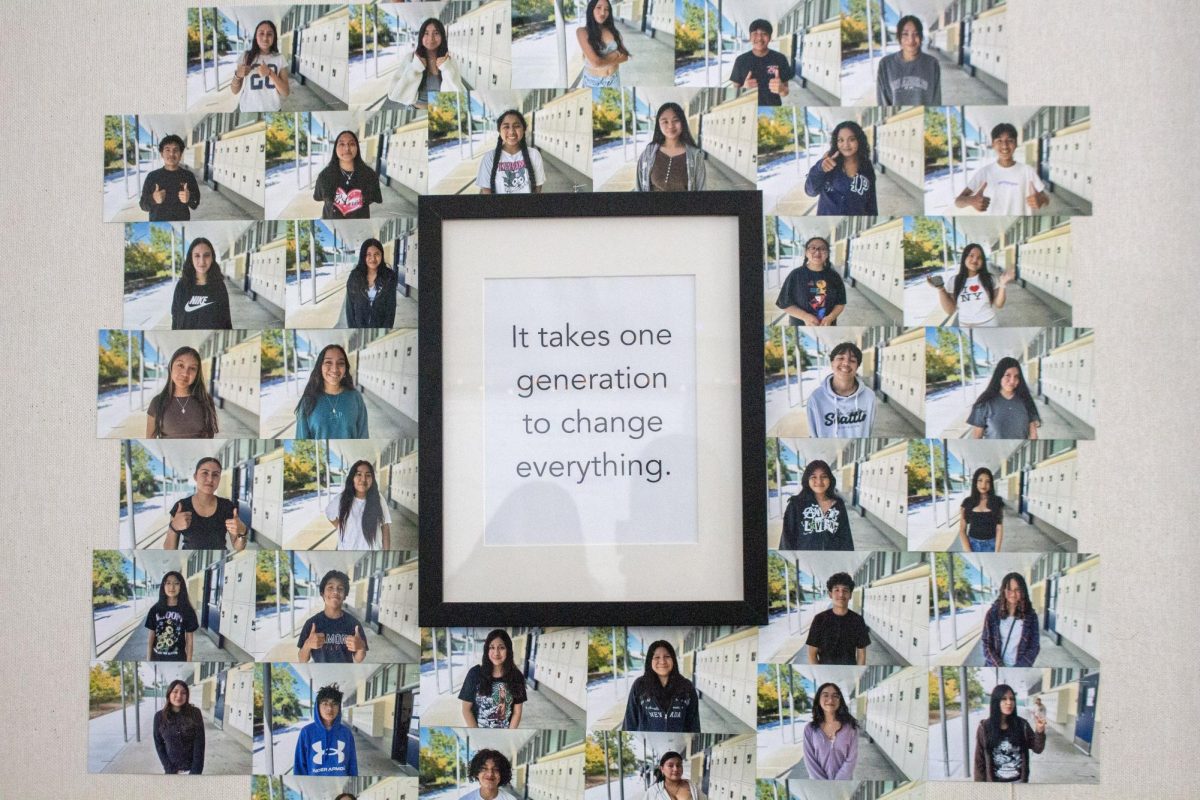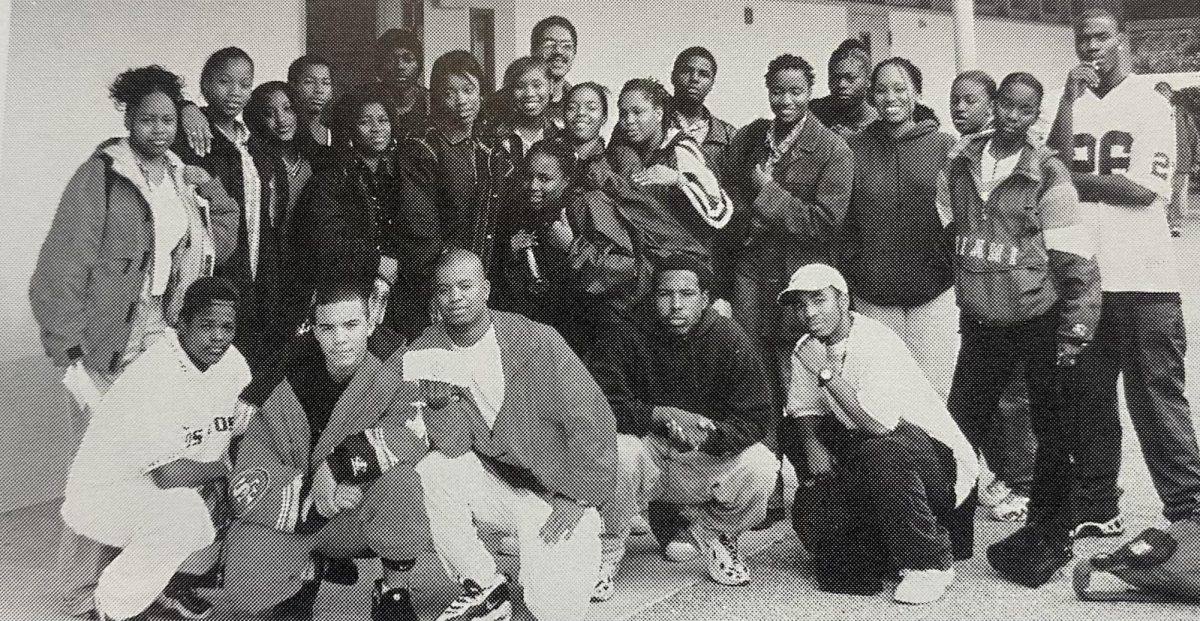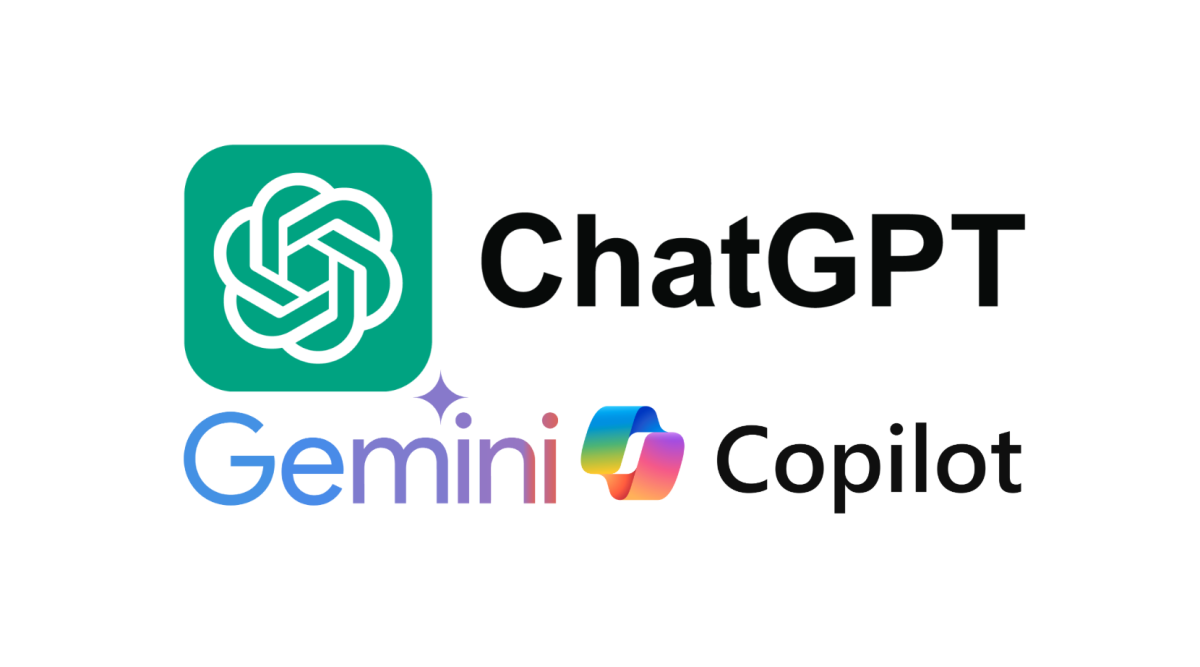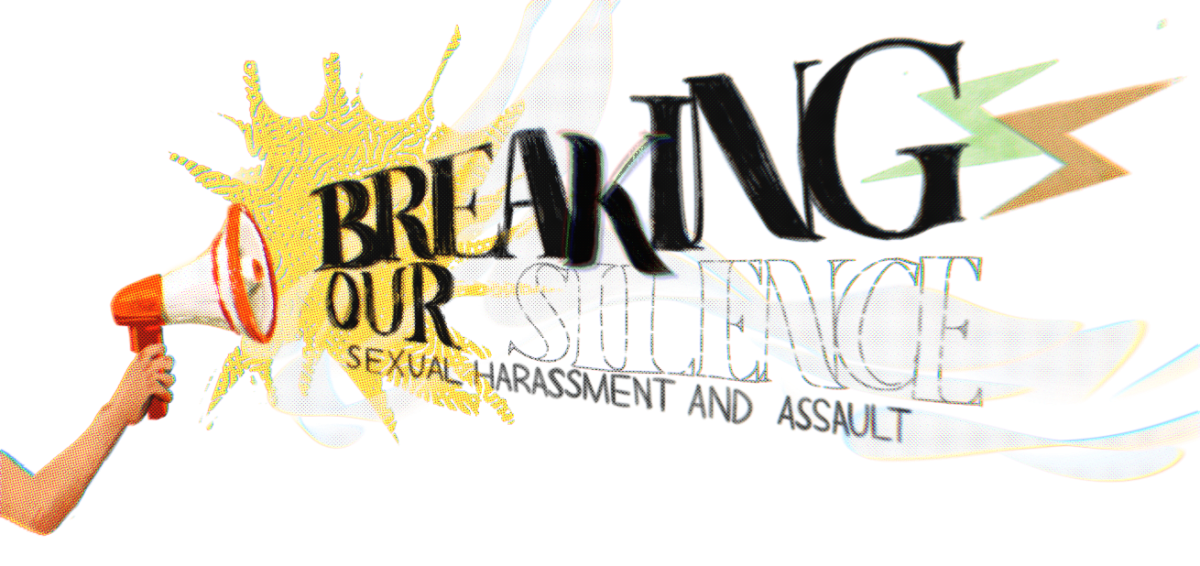[dropcap]I[/dropcap]n his house, Spanish is the only language spoken. But at school, sophomore Julian Carbajal, can be heard speaking many languages, including French and Spanish.
As a way to keep their heritage intact, speaking Spanish is a large and integral aspect for Julian’s family.
“When you step into my house, it’s officially a Spanish territory,” Julian said. “My parents are really open to learning new languages, but they knew they had to teach me Spanish if I wanted to [live] better here in the US because being bilingual is a big plus [in this country]. They told me If I wanted to learn English, I had to watch Sesame Street.”
Julian’s first trials with learning English were not successful at first.
“I tried to [watch Sesame Street] but I didn’t get what they were saying, I saw them pointing at a bunch of figures [and] that [didn’t] help,” Julian said. “I started school halfway through the year in kindergarten at Monta Loma Elementary School. I didn’t know what was going on because I didn’t know the directions.”
Although Julian feels more at ease when talking in Spanish, it is not the only language Julian enjoys speaking. In fact, Julian sees learning languages as a way to glimpse into other people’s cultures and break down racial barriers.
“In Mexico there’s a diversity in languages but not to a certain extent to the US.” Julian said. “I think maybe there might have been a change [in my interest] only because I wouldn’t have been exposed to these new languages and new cultures.”
But in the US, Julian sees a negative approach to people who speak different languages, such as Spanish. He also argues that people need to be more accepting of other languages, in order to reduce xenophobia.
“In this country, people tend to be scared of people who speak Spanish,” Julian said. “They see it as something like ‘Oh no, they’re taking over.’ One should have the right in this country to speak whatever they want, [it’s] the freedom of expression. You can speak a different language if you want to.”
In addition, Julian sees his language learning as a way to connect with other people in the world. His goal is to speak at least twenty languages before he dies.
“It may be a little bit crazy, but I want to be like a polyglot,” Julian said. “I want to be able to connect to billions of people.”
He stresses that knowing and using English is key in today’s modern world.
“English is the universal language you need for business, for work, for anything and English today was like Greek in the Roman Era, everybody needed to be able to speak Greek,” Julian said. “If you didn’t know how to speak Latin or Greek you were practically a barbarian.”
Although Julian has had experiences with racism, he remains hopeful for the future of the US. He believes that the US will become more integrated in the future.
“I think it’s good for a community to learn more about cultures,” Julian said. “I feel one should not forget about [their] culture, I feel like one should appreciate [their] values through their culture. But, this country needs to understand that most of it’s people come from different backgrounds and that [others] sometimes might have it hard enough to integrate here.








